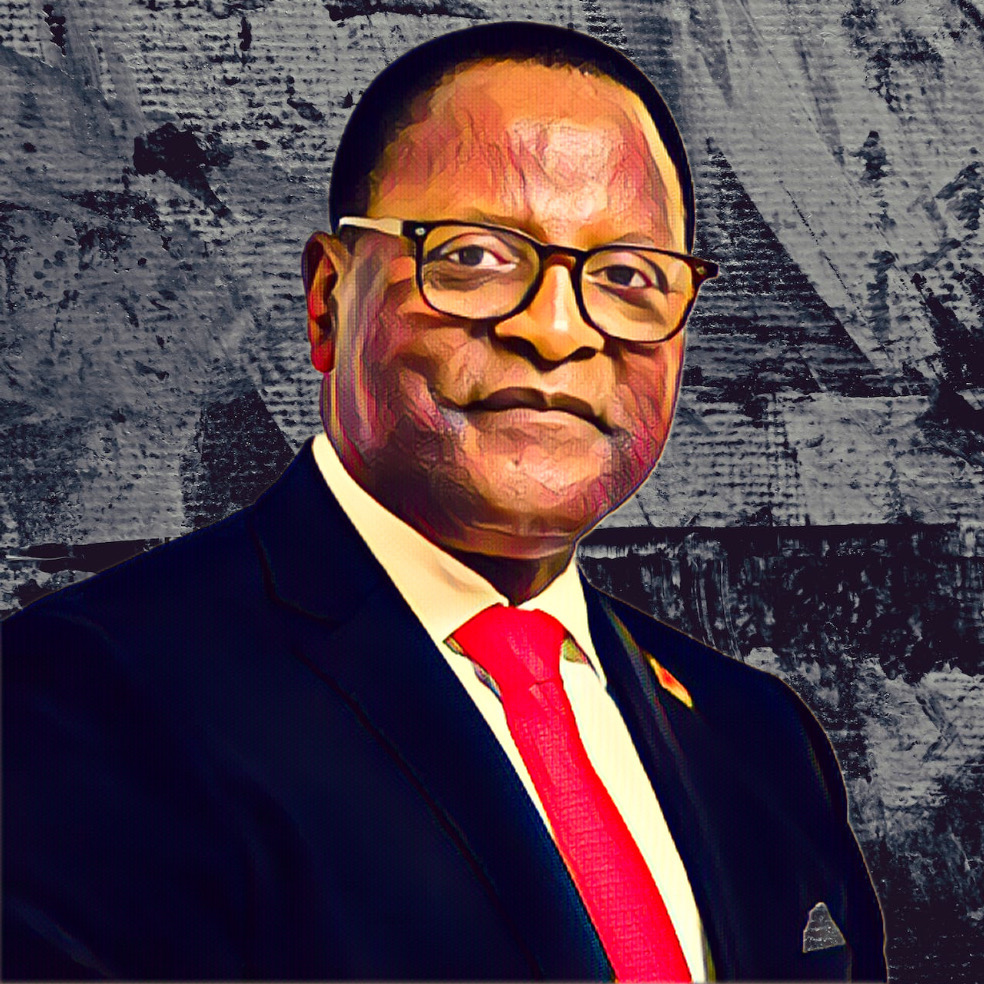Malawi’s President Lazarus Chakwera has defended the Southern African Development Community (SADC) against criticism for its handling of Zimbabwe’s human rights issues at the recent summit. Speaking to Deutsche Welle (DW) in Germany, Chakwera explained that the SADC summit was not the venue for singling out individual leaders but rather for addressing broader regional issues of governance, democracy, and human rights.
SADC Summit Prioritizes Broader Governance Issues
The SADC summit, held in Harare, came under scrutiny as Zimbabwe’s government, led by President Emmerson Mnangagwa, faced accusations of suppressing dissent. Ahead of the summit, international organizations raised concerns over the arrest and detention of more than 100 pro-democracy activists and opposition supporters. These arrests were widely seen as part of a broader crackdown on planned demonstrations and opposition activities.
However, Chakwera, who attended the summit alongside other regional leaders, emphasized that the forum was not meant for personal confrontations. “We do not call each other names,” Chakwera said. “Instead, we look at the bigger picture, focusing on governance, democracy, and human rights in general terms rather than targeting specific countries or leaders.”
He noted that SADC operates through a structured process where issues are discussed based on a pre-vetted agenda developed by ministers and officials. “It’s about a collective approach to governance and democracy,” he added, “not about publicly chastising each other.”
Criticism of SADC’s Approach
Despite Chakwera’s defense, human rights organizations and political observers have criticized SADC for not taking a firmer stance on Zimbabwe’s alleged human rights abuses. They argue that the bloc is ignoring the shrinking democratic spaces in member states such as Zimbabwe, Tanzania, Angola, and Eswatini, where governments have been accused of suppressing opposition and limiting freedoms.
Critics have accused SADC of turning a blind eye to these issues, raising questions about the bloc’s commitment to upholding democratic principles. The summit’s resolutions, which emphasized general themes of governance and democracy without directly addressing specific incidents or governments, have sparked debate about the effectiveness of SADC’s approach.
Chakwera acknowledged these concerns but stressed that some discussions are better held privately. “I do speak with my counterparts, including President Mnangagwa, about these issues,” he said. “But these are not always matters for public consumption. There are times when discreet diplomacy is more effective.”
Private Diplomacy vs. Public Accountability
Chakwera’s comments highlight the delicate balance that SADC leaders must navigate between promoting regional stability and addressing governance and human rights issues. While SADC aims to foster cooperation and unity among its member states, this often means avoiding public confrontations that could lead to diplomatic rifts.
Nonetheless, the ongoing detention of activists and the reports of harsh crackdowns in Zimbabwe remain a significant concern for human rights groups. They argue that private diplomacy should not replace public accountability, especially when it comes to protecting human rights and upholding democratic values.
The debate over SADC’s role in addressing human rights abuses continues, with calls for the bloc to take more decisive actions to support democracy and protect freedoms across the region. As SADC leaders return to their respective countries, the international community will be watching closely to see how the bloc responds to these growing demands for accountability.
Source: New Zimbabwe


